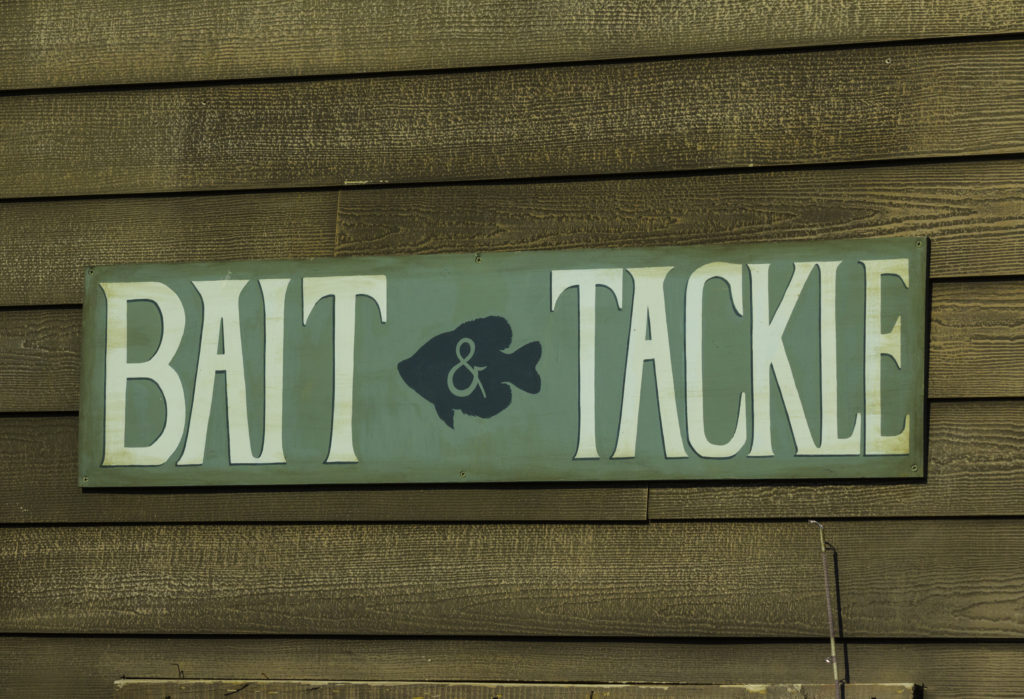When we think of solder, our minds often race to electronics or plumbing, but this versatile metal alloy has found an essential place in the world of fishing, bait and tackle, and marine equipment. From crafting the perfect jig and split shot to the heavier duties of cannon balls and ship ballasts, the role of solder in these industries is pivotal yet often overlooked.
Exploring the Uses of Solder in Bait and Tackle and Marine Equipment
Crafting the Perfect Lure
In the art of lure crafting, solder acts as the invisible hand that brings together components with a strength voiding the struggle of a potential fish. Whether it’s affixing the hook to the lure’s body or fine-tuning the resistance on a floating bait system, solder, can turn a simple piece of metal into an effective tool for the craft.
Maintaining the Balance with Ballast and Sinkers
Ballast in marine parlance refers to the weight in a boat to provide stability. Similarly, sinkers in fishing rigs ensure that bait reaches the right depth. Both utilize solder to add the right amount of weight to keep boats upright and bait rooted to the sea bed. The correct application of solder ensures that these weights are secure and won’t compromise the structural integrity of the base metal.
The Versatility of Solder in Boat Repair
Boats are intricate mechanisms where every part plays a role in the whole, and soldering can be a more intricate alternative to welding in certain cases. From patching leaks to delicately mending vital electrical connections, solder is a preferred method due to its precision and the ability to work with various materials commonly found in marine environments
Forms of Solder Typically Used in Bait and Tackle and Marine Crafting
The Versatility of Wire Solder
Pre-measured and easy to handle, wire solder is a versatile choice for small-scale outfits or single-use projects. For applications like sinkers or small jigs where a precise amount of solder is necessary, wire solder offers the convenience of predictability. Wire solder is available in many alloys and diameters.
The Craft of Bar Solder
Larger in size compared to wire solder, bar solder is well-suited for medium to larger crafting projects where more material is needed. The craftsmen in bait and tackle or marine industries often prefer bar solder for the flexibility it provides in shaping and modulating the weight of the finished product.
Flux-Cored Solder and its Benefits
Flux-cored solder contains a core of flux, a chemical used to clean and prepare the soldering surfaces. For marine and fishing applications where moisture is a continuous threat, using flux-cored solder eliminates the need for a separate flux application, providing both adhesion and protection against corrosion.
The Alloys of Choice
Solder is not a one-size-fits-all affair. In the realm of water, the precision of the blend matters as much as the temperature at which it releases its alchemic properties. High-quality solder for marine use often features 63Sn/37Pb alloys—or lead-free compositions with tin (Sn), silver (Ag) and copper (Cu).
63/37 solder offers a stability and strength that its 60/40 predecessor does not have. With its eutectic nature – melting and solidifying at precise temperatures – it’s the musician hitting every note right, ensuring that the amalgamation of metals is a permanent fixture.
On the environmentally-friendly front, lead-free solders like Sn96.5/Ag3/Cu0.5 offer a more environmentally-friendly blend for our marine ecosystems. They also provide sustainability and durability, but may have higher melting temperatures.
The Bottom Line
Solder is not the star of the show in bait and tackle or marine applications, but it is the backbone, quietly supporting the tools and equipment that make fishing and marine life possible. With a deep understanding of the types, forms, and roles solder plays, as well as a keen eye on evolving trends and practices, companies can ensure that their marine pursuits are as reliable as the soldered components that underpin them. Whether it’s navigating the technicalities of eutectic solders for a stronger joint, or the strategic use of flux for a more seamless connection, the devil is in the details when it comes to marine soldering. Engage with the intricacies, and the sea will yield its bounty.
Mayer Alloys Corporation brings together the resources to keep your supply chain running. From supply of metals specializing in tin and lead products, to mil-spec and contract packaging, warehouse and distribution services and scrap reclamation services. Contact us today to see how we can meet your needs!
Request A Quote
To get a quote, please fill out the form below. You can also contact us at 844-564-6087 or via email at sales@mayeralloys.com.
"*" indicates required fields
